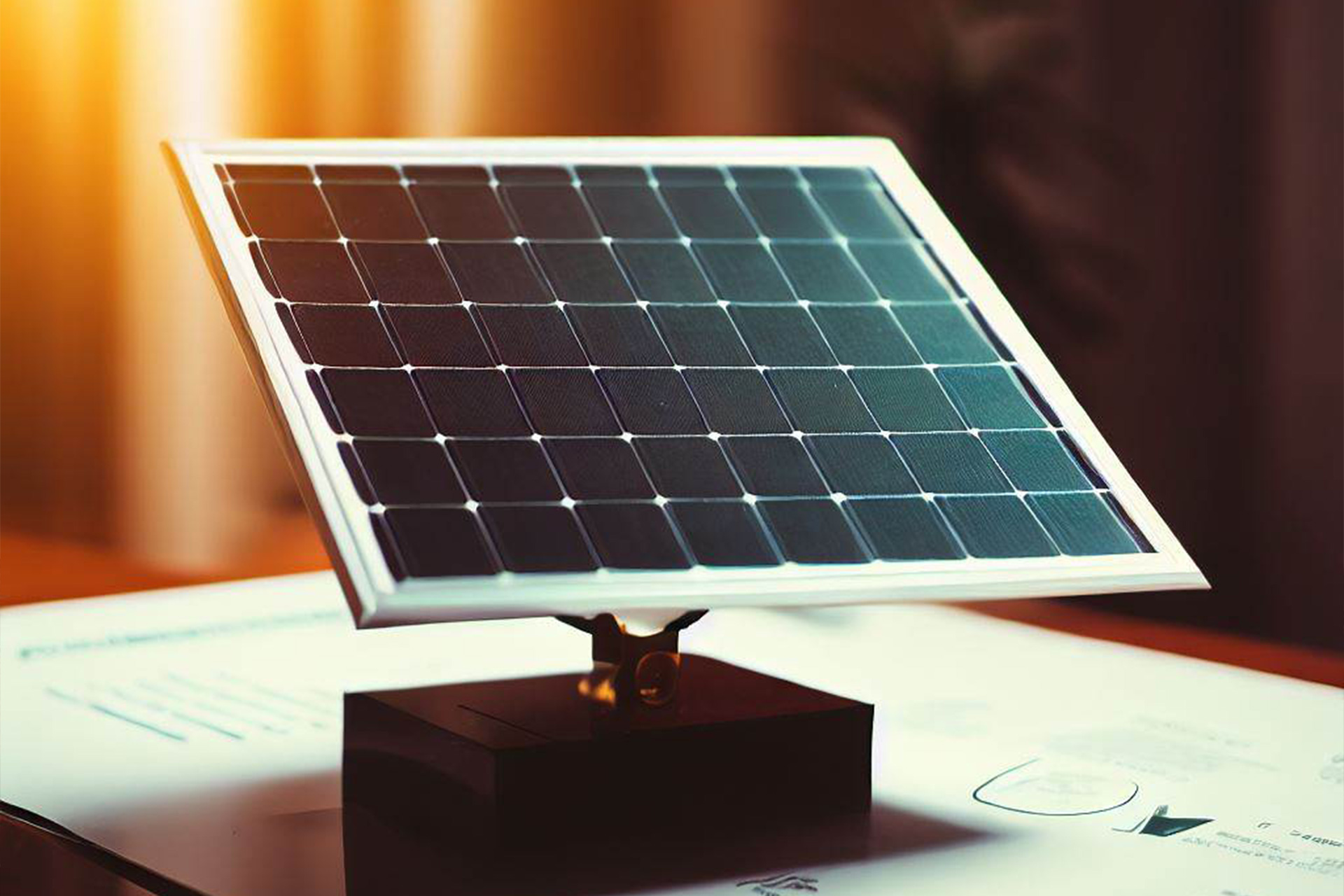Australia has been making significant strides in promoting renewable energy adoption, and one of the key mechanisms driving this transition is the Small-scale Technology Certificates (STCs) scheme. STCs incentivize the installation of small-scale renewable energy systems, particularly solar panels, by providing financial benefits to homeowners and businesses. In this article, we will explore the details of STCs in Australia and their role in promoting clean energy generation.
The Purpose of STCs
STCs were introduced as part of the Renewable Energy Target (RET) scheme in Australia. The RET scheme aims to increase the share of renewable energy in the country’s electricity generation. By offering financial incentives, STCs encourage the installation of small-scale renewable energy systems, thereby reducing greenhouse gas emissions and supporting the transition to a more sustainable energy future.
Eligibility and Calculation
To be eligible for STCs, solar panel systems must meet specific requirements. The installation must be carried out by a Clean Energy Council (CEC) accredited installer, and the panels and inverters used should meet the necessary standards. These requirements ensure that the installed systems are of high quality and capable of generating clean energy effectively.
The number of STCs awarded to a system depends on its capacity, geographic location, and expected electricity generation over the deeming period (8 years in 2023). The calculation takes into account factors such as the solar panel’s capacity, the location’s solar radiation levels, and the deeming period. The deeming period refers to the deeming period (8 years in 2023) over which the system’s expected generation is assessed.
STC Market and Value
The value of STCs is not fixed and is subject to market forces. The market for STCs operates based on supply and demand dynamics. Various factors influence the value of STCs, including government policies, installation rates, and the overall demand for renewable energy. As the Renewable Energy Target declines annually, the number of STCs that can be claimed also decreases.
It is important to note that the value of STCs can fluctuate over time. Homeowners and businesses considering installing solar panel systems should consult with reputable installers who can provide accurate information regarding the current value of STCs and potential financial benefits. Staying updated on market trends and policy changes is crucial for making informed decisions.
Claiming STCs
To claim STCs, the system owner must assign the rights to create and trade the certificates to a registered agent, such as a solar retailer or installer. The agent will then create the STCs on behalf of the system owner and trade them through the Renewable Energy Certificate Registry. The financial benefit received from STCs can be applied as an upfront discount on the installation cost or sold to third-party buyers in the STC market.
Conclusion
Small-scale Technology Certificates (STCs) play a vital role in Australia’s renewable energy landscape. By providing financial incentives, STCs encourage the installation of solar panels and other small-scale renewable energy systems, supporting the transition towards cleaner and more sustainable electricity generation. As the market for STCs evolves, individuals and businesses need to stay informed about the eligibility criteria, calculation methods, and the current value of STCs to make informed decisions regarding their renewable energy investments.



